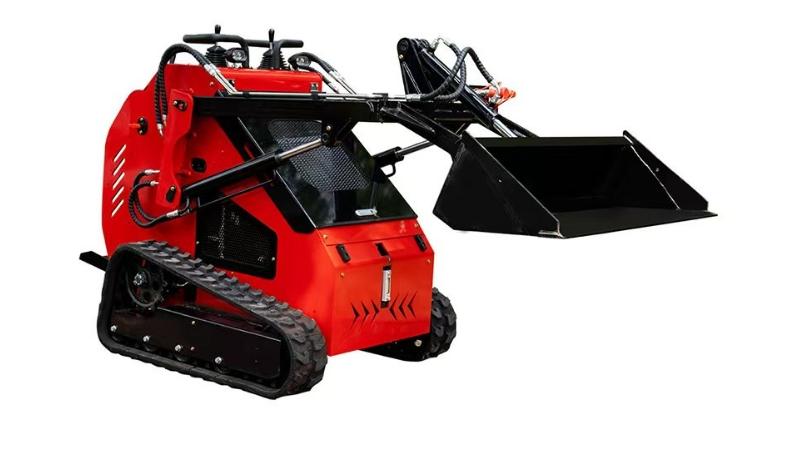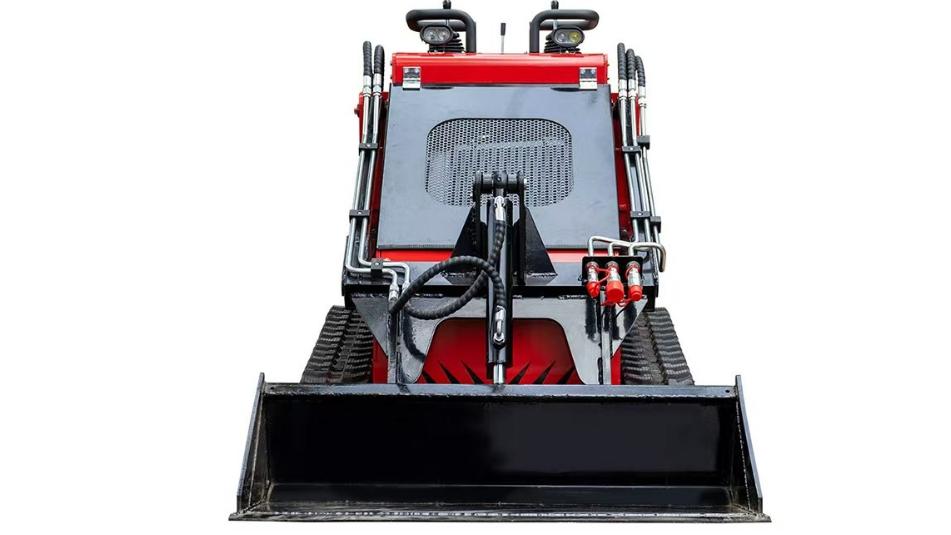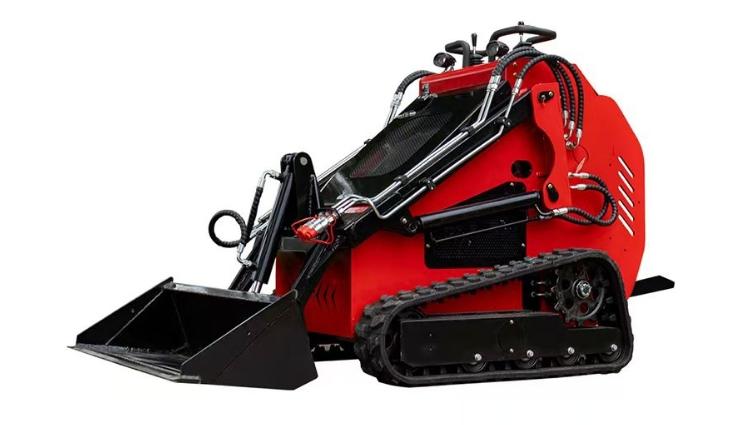Should I Buy or Rent a Skid Steer Loader?
I. Introduction
Skid steer loaders are compact, powerful, and highly versatile machines used in a variety of applications—from construction and landscaping to agriculture and snow removal. Their ability to maneuver in tight spaces and accommodate a wide range of attachments makes them invaluable on many job sites.
If you’re considering using a skid steer for an upcoming project or ongoing operations, one of the first questions you’ll face is whether to buy or rent. The decision can have significant financial and operational implications. This article will help you evaluate the pros and cons of each option and guide you in choosing the best path based on your specific needs.
II. Factors to Consider Before Deciding
Before choosing whether to buy or rent, it’s important to assess your current and future needs:
Project Duration: How long will you need the skid steer loader—days, months, or years?
Frequency of Use: Will it be used daily, seasonally, or occasionally?
Budget Constraints: What is your available capital or financing options?
Maintenance & Storage: Do you have facilities and staff to maintain and store equipment?
Growth Plans: Are you scaling your business or exploring new service offerings?
These considerations will form the foundation for a practical, cost-effective decision.
III. Benefits of Buying a Skid Steer Loader
1. Long-Term Cost Savings
If you plan to use a skid steer regularly over several months or years, buying can be more economical in the long run.
2. Full Ownership and Asset Value
Buying gives you full control over the machine. It becomes a business asset, and you can resell it later to recoup some of the cost.
3. Customization Options
Owners can customize attachments or make modifications to fit specific needs without restrictions.
4. Tax Incentives
Many jurisdictions offer tax deductions on capital equipment, including depreciation and Section 179 benefits (in the U.S.).
5. Availability and Flexibility
You won’t be subject to rental equipment shortages or time limits. You can use it whenever and however you want.
IV. Drawbacks of Buyin
1. High Upfront Cost
Purchasing a skid steer requires a significant initial investment. Even used machines can cost tens of thousands of dollars.
2. Maintenance Responsibilities
You’ll need to manage and pay for all maintenance, repairs, and parts replacements.
3. Equipment Depreciation
Like all machinery, skid steers depreciate over time, reducing resale value.
4. Storage and Transport
You’ll need a secure place to store the equipment and the means to transport it between job sites.
5. Underutilization Risk
If project demand drops or changes, the machine could sit idle, tying up capital.
V. Benefits of Renting a Skid Steer Loader
1. Lower Upfront Costs
Renting requires little to no upfront investment, freeing up cash flow for other areas.
2. Access to New Technology
Rental companies frequently update their fleets, giving you access to newer models and features.
3. No Maintenance Burden
Rental agreements typically include maintenance, meaning fewer surprises and less downtime.
4. Flexible Options
You can rent by the day, week, or month, making it ideal for short-term or one-off projects.
5. No Long-Term Commitment
If your workload is uncertain, renting avoids long-term capital obligations.
VI. Drawbacks of Renting
1. Higher Long-Term Cost
Frequent rentals over an extended period can exceed the cost of ownership.
2. Equipment Availability Issues
During peak construction seasons, the equipment you need might not be available.
3. Usage Limitations
You may be restricted by hours of use, attachments, or location in rental contracts.
4. No Asset Ownership
You build no equity, and you have nothing to resell or depreciate for tax purposes.
VII. Cost Comparison: Buying vs. Renting
To make a clear decision, compare actual costs:
New skid steer loader: $30,000–$70,000
Used skid steer loader: $15,000–$40,000
Rental rates:
Daily: $150–$400
Weekly: $750–$1,200
Monthly: $2,000–$3,000
If you need the machine for 6+ months or frequently across multiple jobs, buying usually becomes more cost-effective. However, for one-off or seasonal work, renting is often the smarter move.
VIII. Real-World Scenarios
Construction Company with Regular Projects: Buying makes sense to ensure availability, reduce long-term costs, and maintain flexibility.
Landscaping Business with Seasonal Demand: Renting provides flexibility without tying up capital during the off-season.
Emergency or One-Time Use: A short-term rental saves money and avoids ownership burdens.
Growing Contractor with Uncertain Future Needs: Leasing with an option to buy may be a smart compromise.
IX. Alternative Options
Lease-to-Own: Offers a middle ground between renting and buying. Payments can apply toward ownership.
Buy Used: A cost-saving option, especially for low-to-moderate use needs.
Equipment Sharing: Partner with nearby businesses to share ownership and usage costs.
Seasonal Rentals with Discounted Rates: Some rental companies offer discounted rates for long-term or off-season rentals.
X. Final Decision-Making Tips
Calculate your total cost of ownership over the expected usage period
Consider future projects and business expansion
Account for tax benefits, financing costs, and depreciation
Consult with a dealer, accountant, or rental expert to assess financial impact
XI. Conclusion
Both renting and buying have their place in construction and equipment-intensive industries. The right choice depends on your specific needs, usage frequency, budget, and long-term plans. For businesses with consistent skid steer use, ownership often pays off. For short-term, seasonal, or budget-constrained operations, renting offers the necessary flexibility.
Evaluate your situation carefully, weigh both the financial and operational factors, and make the decision that supports your business growth and project success.
Post time:Jul.02.2025



